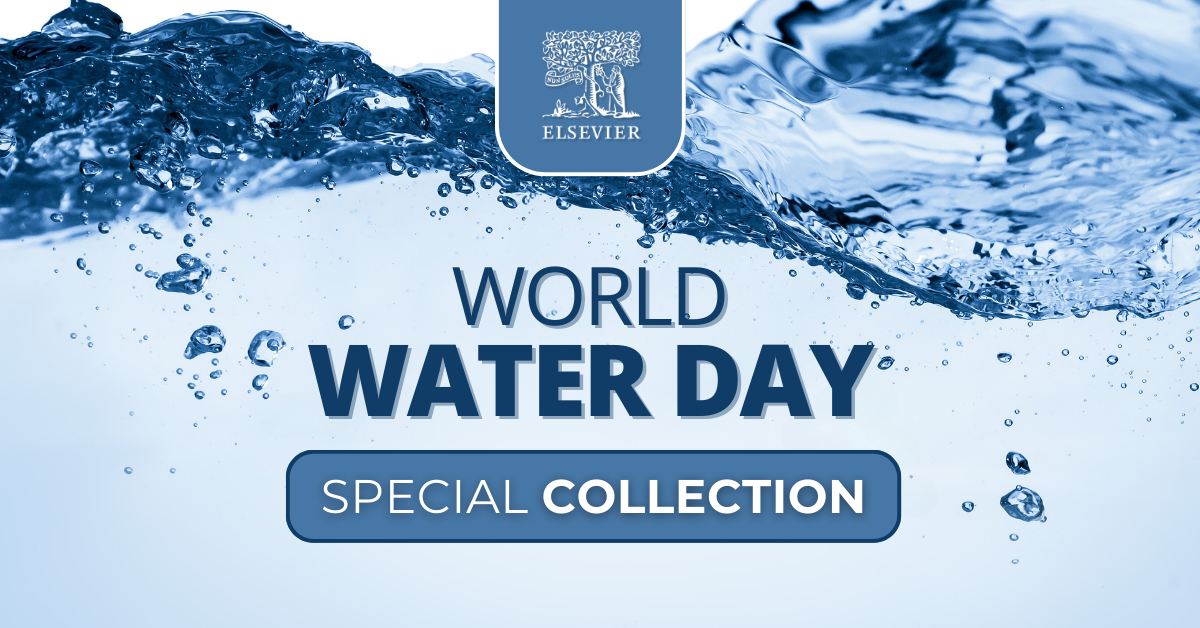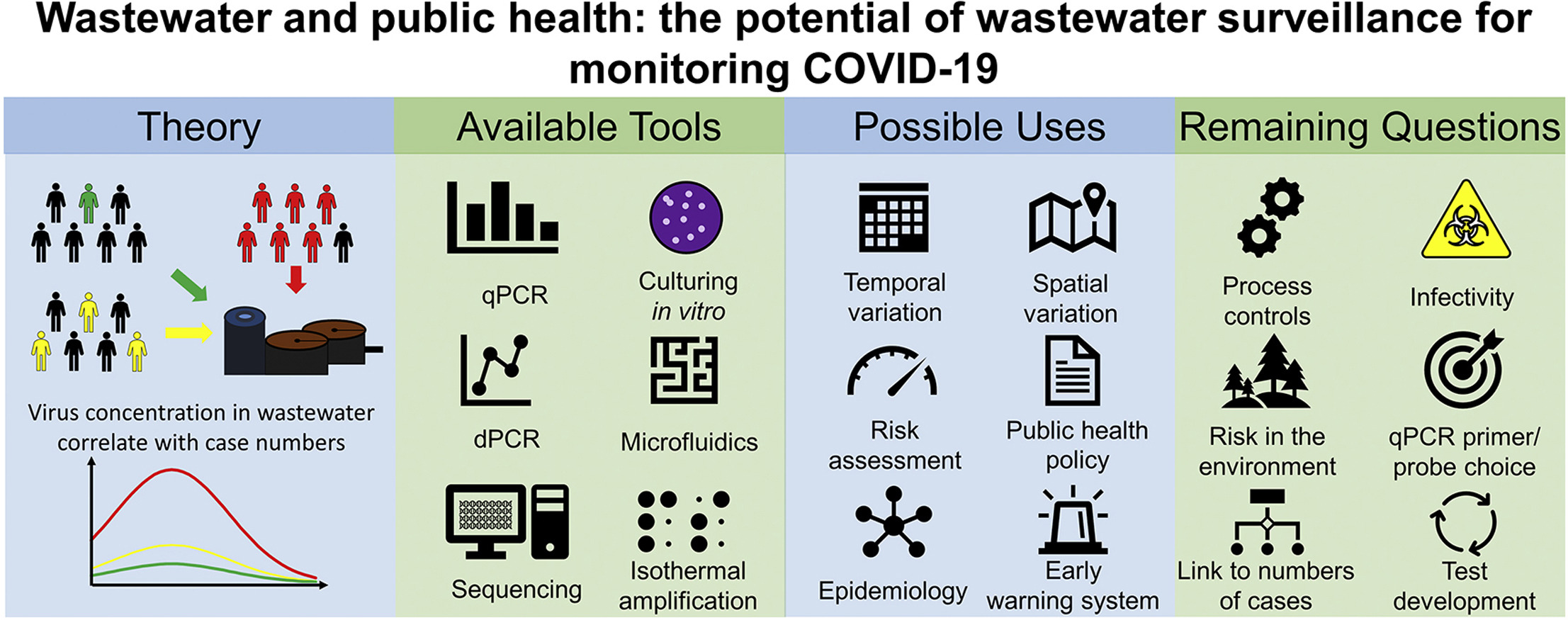Wastewater, often regarded as the byproduct of urbanization and industrialization, is an intrinsic part of the global water cycle. While historically viewed as a waste requiring disposal, it is increasingly recognized as a resource that offers valuable solutions to some of the world's most pressing challenges. This recognition is encapsulated in the United Nations' Sustainable Development Goals (SDGs), particularly SDG 6, which targets clean water and sanitation for all. SDG 6 doesn't just emphasize access to clean water, but also underscores the importance of adequate sanitation and sound water management, which includes the reduction and recycling of wastewater. Herein lies the connection between wastewater management and the broader objectives of the SDGs.
Wastewater contains both pollutants and valuable resources like nutrients and energy. Proper treatment and management can transform this dual nature from a threat to public health and ecosystems into an opportunity for recovering valuable substances, generating renewable energy, and ensuring water availability for various needs. Additionally, the treated water can be reused for a myriad of purposes like irrigation, industrial processes, and even potable water supply with the appropriate advanced treatment, thus alleviating pressures on freshwater sources. Integrated wastewater management further intertwines with other SDGs. For instance, the sustainable management of wastewater can significantly reduce waterborne diseases, thereby contributing to SDG 3, which seeks to ensure health and well-being for all. Furthermore, the reuse of wastewater in agriculture can improve food security, addressing SDG 2 which aims for zero hunger.
The conversion of wastewater components into biogas supports SDG 7, promoting affordable and clean energy. And, by protecting aquatic ecosystems from the detrimental effects of untreated wastewater discharge, we further the objectives of SDG 14 and 15, focused on life below water and life on land, respectively. What’s more, the technology and infrastructure developments required for effective wastewater management can generate jobs and bolster economies, echoing the sentiments of SDG 8, which promotes decent work and economic growth. Therefore, the interplay between wastewater management and the SDGs is multifaceted and deeply interconnected. By recognizing wastewater as a resource rather than a problem, nations can harness its potential to address a gamut of developmental challenges, making significant strides towards a more sustainable, equitable, and prosperous future.
Every year, World Water Day raises awareness and inspires action to tackle the water and sanitation crisis. To mark World Water Day 2024, Elsevier has curated a free special collection of journal articles and book chapters. This year’s theme for World Water Day is Water for Peace. Discover research relating to clean water and sanitation from across a broad range of disciplines including the effects of racism, social exclusion, and discrimination on achieving universal safe water and sanitation in high-income countries and challenges faced by developing economics to mitigate the impacts o
uan Cuong Nguyen, Thi Thanh Huyen Nguyen, Quoc Ba Tran, Xuan-Thanh Bui, Huu Hao Ngo, Dinh Duc Nguyen,
Chapter 21 - Artificial intelligence for wastewater treatment,
Editors: Xuan-Thanh Bui, Dinh Duc Nguyen, Ashok Pandey,
Advances in Biological Wastewater Treatment Systems,
Elsevier,
2022,
Pages 587-608,
ISBN 9780323998741
Clean Energy and Resource Recovery. Wastewater Treatment Plants as Biorefineries, Volume 2, 2022, Pages 301-314
Kunal Singha, Subhankar Maity, Pintu Pandit, Saptarshi Maiti, Shanmugasundaram O. Lakshmanan, Chapter One - Nanotechnologies for wastewater treatment, Editor(s): Subramanian Senthilkannan Muthu, In The Textile Institute Book Series, Sustainable Technologies for Textile Wastewater Treatments, Woodhead Publishing, 2021, Pages 1-12, ISBN 9780323858298, https://doi.org/10.1016/B978-0-323-85829-8.00009-2.
Pathogenic viruses represent one of the greatest threats to human well-being. As evidenced by the COVID-19 global pandemic, however, halting the spread of highly contagious diseases is notoriously difficult. Successful control strategies therefore have to rely on effective surveillance. Here, we describe how monitoring wastewater from urban areas can be used to detect the arrival and subsequent decline of pathogens, such as SARS-CoV-2.


